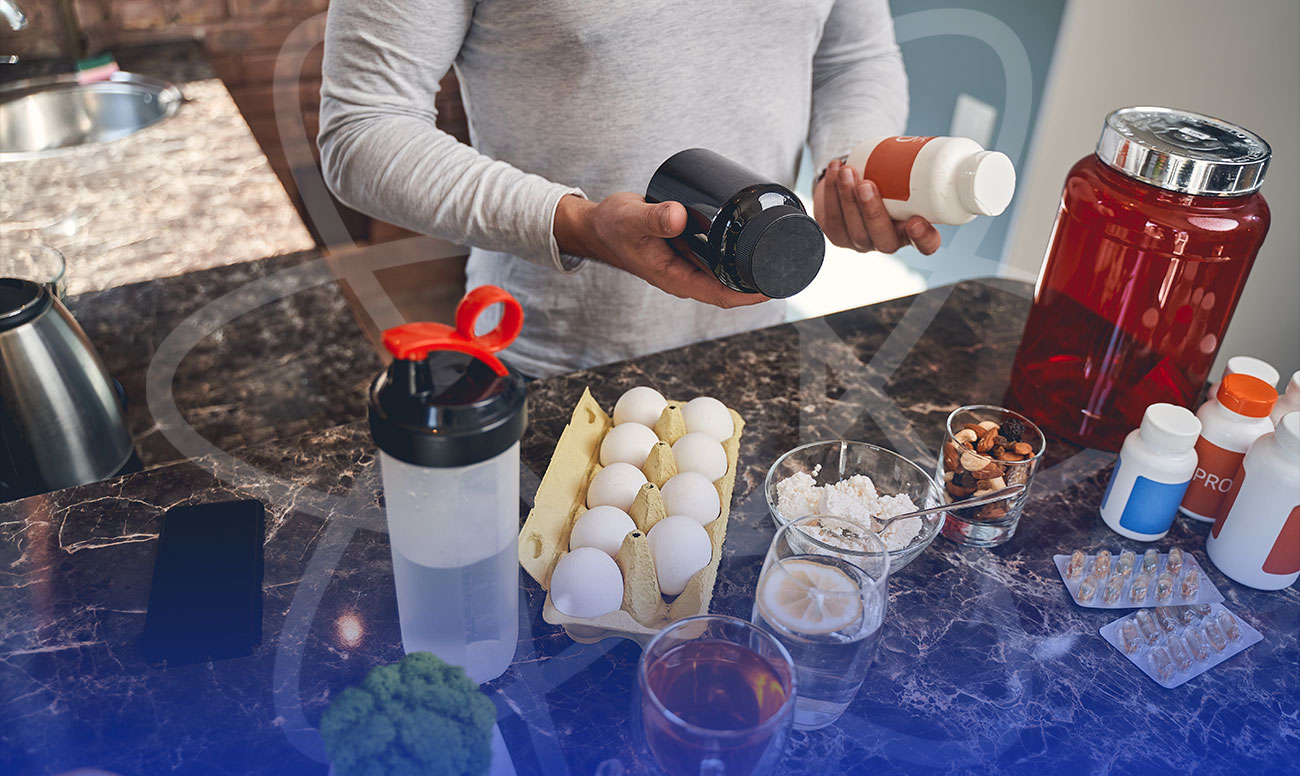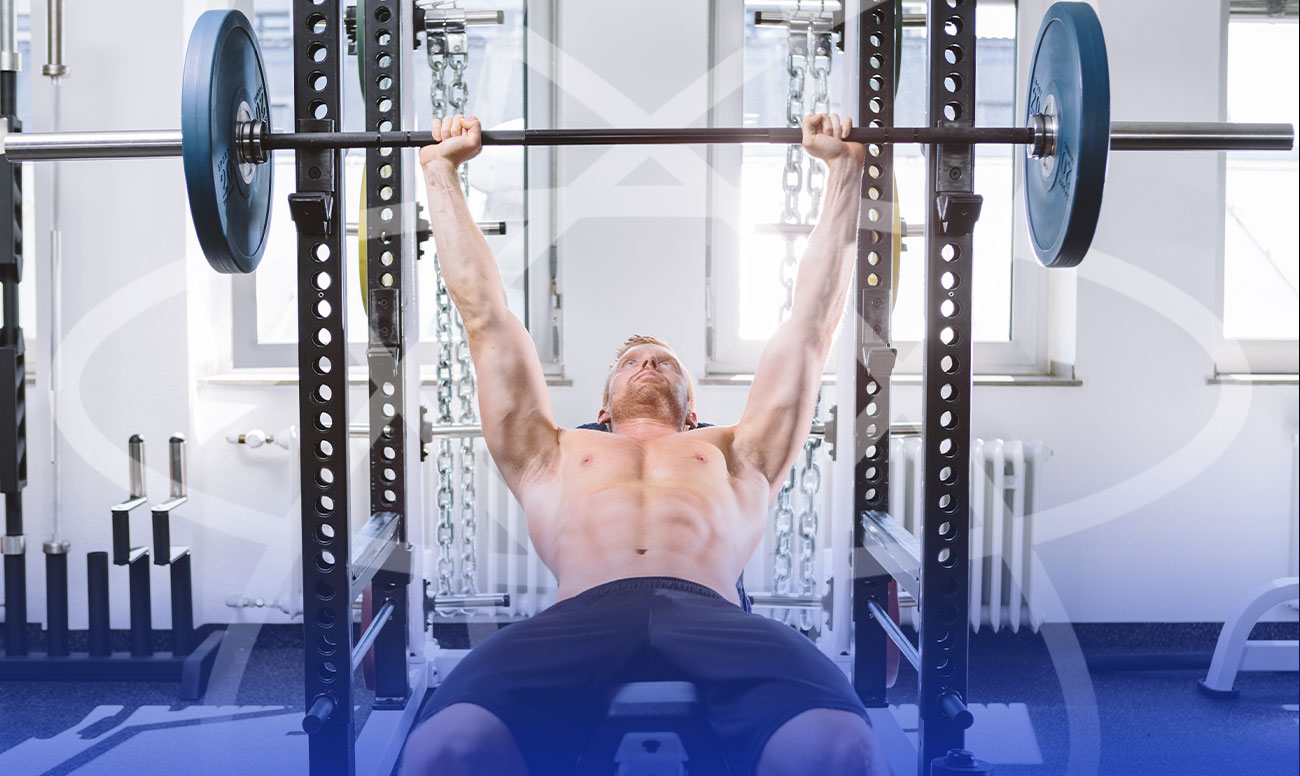The Best Books on Steroids
In the realm of steroids and sports pharmacology, staying abreast of the latest research and discoveries is paramount. The constant evolution of this field means having up-to-date information is crucial for understanding the risks, benefits, and applications of these substances. In this blog, we present a selection of the nine best books on steroids and sports pharmacology in 2024. Each of these texts offers a unique and valuable insight into a often-misunderstood subject. Whether you're an athlete looking to maximize performance or simply someone interested in gaining a better understanding of this field, these books will provide you with a
Functional strength training
The concept of functional training has received much attention in recent years. Functional training and core, although related, are sometimes confused. By definition "functional training" means training for a purpose. In other words, it must have a positive effect on the activity or sport being practiced. Functional training adopts a multi-faceted and integrated approach to improve the strength and total conditioning of those who use it. Functional training should integrate all aspects of human movement. Since life, like sport, is a chaotic and unpredictable event, our training should reflect this reality to some extent. As a general rule, functional training de-emphasizes mono-articular movements
10 dietary commandments for high-performance athletes
Nutrition is something that affects everyone. We all need fuel and nutrients. However, everyone eats for completely different reasons. In nutrition for the athlete, both in competition and in the realm of life in general, putting thought behind what goes into your mouth can do wonders for health and especially performance. The thinking behind choosing the right foods or meal combinations seems to be the most crippling thing for most athletes. The 10 commandments of nutrition Always choose the LEAST processed Specifically carbohydrates, which make up the largest proportion of meals. Generally the less processed the food is and the closer the food
Failure is normal, why is it so hard to accept it?
Teachers, parents, family, friends and other colleagues who watch us train or compete throughout the weeks, are used to seeing us react in many different ways when we fail. Every once in a while we experience a phase where it seems like there will be no more, and then suddenly, there's the failure again. Why? Frustration, inability, anger, rage, feelings of inferiority, negative self-talk, helplessness, and a long etcetera. The insults that we dedicate to ourselves, the anger that comes with forced and unforced failure are common when it appears. Well, why does this happen to us? I know I should forgive
Bench press: the most common mistakes
The bench press is the most popular exercise among athletes looking to build muscle and strength. But even though it is the most well-known, mistakes are still being made that can be detrimental to the health of every athlete. Despite the relatively simple nature of the lift, many mistakes are possible, from technical imperfections to suboptimal program designs to general misinformation regarding the lift and its execution. Main errors in bench press Lack of progressive overload in a training program A person who always lifts the same amount of weight or never changes his program should not be surprised when he fails to get
Weight Lifting: Keeping it Safe and Injury-Free
Whether you lift weights for general fitness, to train for sports or to compete, safety comes first. Form is a critical part of weightlifting. Your goal should be to lift the right amount of weight using perfect form. Lifting more than you can handle using improper technique is one way to guarantee injury. These exercises must be performed properly. The back is extremely vulnerable when you have poor execution technique. Lift with your legs rather than your back. The muscles in the legs and buttocks are the most powerful muscles in the body. The muscles surrounding the spine are smaller and more
El uso de la creatina en los deportes
La creatina es uno de los suplementos más utilizados en deportes de equipo junto con la cafeína por su potencial en la mejora del rendimiento deportivo. Son utilizados frecuentemente por las personas que hacen regularmente ejercicios físicos, fisicoculturistas y por deportistas profesionales como sustancia ergogénica. ¿Qué es la creatina? La creatina es un ácido orgánico nitrogenado que se encuentra en mayor proporción en el músculo esquelético. Se sintetiza de forma natural en hígado, riñón y páncreas a partir de los aminoácidos metionina, glicina y arginina a razón de 1 gramo aproximadamente. ¿Para qué se utiliza? Incrementar los niveles de fosfocreatina en el músculo.Aumentar la potencia y
Entrena la fuerza y mejora tu rendimiento
El rendimiento en la mayoría de deportes está condicionado por la capacidad de realizar un movimiento con la mayor fuerza en el menor tiempo posible, lo cual se conoce como potencia. Hasta hace muy poco, la mayoría de los entrenadores pensaban que la mejor manera de mejorar el rendimiento del deportista, era practicar el mismo deporte. Ahora, sabemos que se puede incrementar el rendimiento si el deportista mejora su velocidad, fuerza y potencia. Son numerosos los factores que influyen en la producción de potencia, desde factores a nivel muscular como la composición muscular, la cantidad de proteína contráctil o la rigidez de
Is strength equal to muscle volume?
Muscular strength is nowadays recognized as a fundamental physical quality for sports performance, for the maintenance of health and for the improvement of people's quality of life. Normally, the amateur or semi-professional athlete who practices sports in the gym, in the bodybuilding area mainly seeks to increase muscle mass (hypertrophy) exercises are focused on increasing the volume forgetting a very important physical aspect, strength. It is important to know that having more strength does not mean having a lot of muscle volume. Strength is the way we have to face a weight and the capacity we have to overcome the resistance it
Strength assessment
Currently, muscle strength training is being widely used by various sectors of the population, from young people to the elderly. This is thanks to the tireless efforts of various institutions and researchers who have demonstrated the efficacy, safety and benefits associated with strength training. Training instructors in gyms and sports centers must be prepared not only to design strength training programs, but also to perform an assessment according to the demands of the client. Strength assessment is part of training control to determine the training process and changes in performance, assess the relevance of strength and power, define the strength needs and












